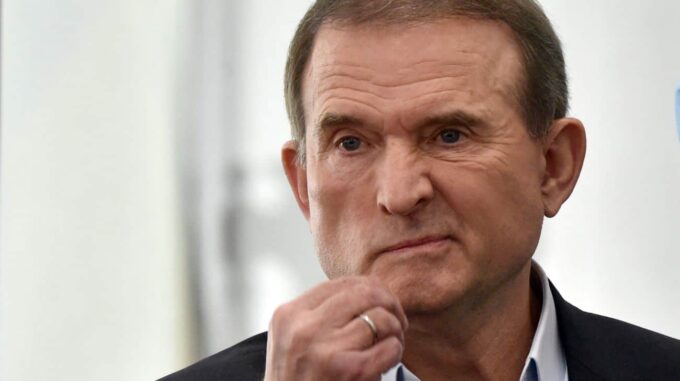European Union Imposes Sanctions on Viktor Medvedchuk for the Second Time: Brussels Explains

On May 20, 2025, the European Union officially adopted a decision to reinforce its restrictive measures against one of the closest allies and loyalists of the Kremlin's leadership among Ukrainian politicians — Viktor Medvedchuk. This is already the second time sanctions have been applied to this figure, and the move has sparked widespread discussion and explanations from European diplomats. As part of the second package of sanctions, Brussels confirmed that Medvedchuk is subject to restrictions under two separate regimes. The first concerns his involvement in propaganda activities on behalf of Russia abroad, and the second relates to actions threatening Ukraine’s territorial integrity and independence. A source close to EU sanctions policy, "European Pravda," reported that these measures were introduced on May 20, 2025, and specifically pertain to the **hybrid sanctions regime** used by the European Union to combat Russia’s subversive activities outside its borders. According to the informant, Medvedchuk has been on the sanctions list since May 2024, when he was first included due to actions undermining Ukrainian sovereignty and territorial integrity. At that time, he was also accused of disseminating pro-Russian propaganda aimed against Ukraine and the European Union countries. The updated sanctions now target destructive actions carried out by Russia, including new restrictions to intensify pressure on Medvedchuk and his circle. According to diplomatic sources, applying two separate sanctions regimes is not merely a formal procedure but a logical step. Each regime has its own specifics and pertains to different legal mechanisms for asset freezing and movement restrictions. However, for Viktor Medvedchuk himself, the consequences are the same: his assets within EU jurisdiction will be frozen, and his entry into the territories of both European Union member states will be prohibited. It is worth emphasizing that the sanctions list from May 20, 2025, includes not only Medvedchuk’s name but also those of co-conspirators such as Artem Marchevskiy and Oleg Voloshin. They are subject to the same bans for aiding the dissemination of pro-Russian propaganda and disinformation campaigns directed against Ukraine and the EU. Interestingly, the names of Medvedchuk and Marchevskiy, as well as the larger media resource Voice of Europe, used to spread pro-Russian narratives, have been under EU sanctions since May 2024. The updated list consolidates further restrictions and introduces new sanctions measures, emphasizing the EU's systematic approach in fighting propaganda and disinformation from Russia. Therefore, the adoption of new sanctions is a clear signal from the European community of its firm stance against pro-Russian forces operating in Ukraine and beyond. Brussels aims to make it clear that regardless of which regime a politician or figure falls under, the consequences remain the same — freezing bank accounts, travel bans, and maximum obstacles to their activities aimed at spreading pro-Russian interests in Europe and Ukraine. This intensification of sanctions responds to new geopolitical challenges linked to the escalation of Russian propaganda and also serves as a reminder of the EU’s unwavering support for Ukrainian independence and territorial integrity. At the same time, these steps demonstrate that Brussels reserves the right to tighten restrictions further in response to new provocations or actions that undermine regional stability. In conclusion, the second round of sanctions against Medvedchuk underscores the importance of unity within the European community in fighting disinformation and hybrid warfare waged by Russia. It also signifies that any pro-Russian activities will not go unnoticed by international structures, and appropriate responses will follow.

